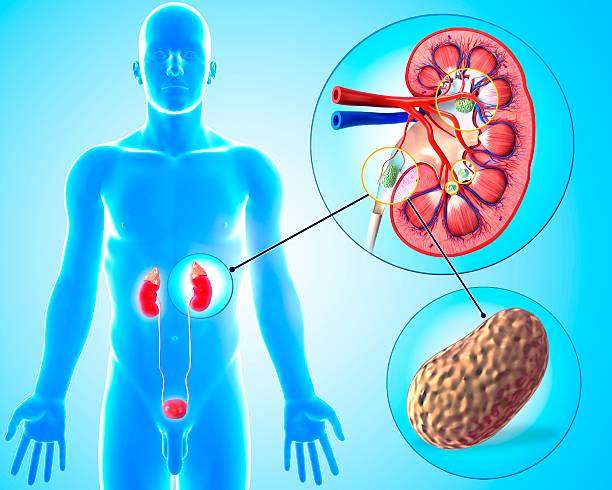kidney Stone
BEST KIDNEY STONE TREATMENT IN JALANDHAR
If you’re suffering from kidney stones, finding a skilled and experienced urologist is crucial. At Altis Hospital, you can trust Dr. Atul Mittal to provide expert care for your kidney stone treatment. With over 30 years of experience in urology, Dr. Mittal specializes in using minimally invasive techniques to treat kidney stones of all sizes and complexities. He offers a range of cutting-edge procedures, including shockwave lithotripsy, ureteroscopy, and percutaneous nephrolithotomy, to effectively remove kidney stones and alleviate discomfort. Dr. Mittal takes a patient-centric approach, taking the time to understand each individual’s condition and needs. He believes in educating his patients about their treatment options, ensuring they receive the best possible care. When you choose Dr. Atul Mittal at Altis Hospital for your kidney stone treatment, you can feel confident you’re in experienced and compassionate hands.
A kidney stone, also known as a renal calculus, is a hard, crystalline mineral deposit that forms in the kidney or urinary tract. They are typically composed of calcium oxalate, but may also contain other substances such as uric acid or struvite. Symptoms of kidney stones may include severe pain in the back or side, nausea and vomiting, blood in the urine, and frequent urination. The size and location of the stone can affect the severity of the symptoms. Treatment for kidney stones may involve medications to manage pain and to help pass the stone, as well as dietary changes to prevent the formation of additional stones. In some cases, surgery or other procedures may be necessary to remove the stone.


- Kidney stones are a common condition affecting millions of people each year.
- They can vary in size, with some as small as a grain of sand and others as large as a golf ball.
- Kidney stones can cause significant pain as they move through the urinary tract, leading to symptoms such as nausea, vomiting, and blood in the urine.
- Certain dietary factors, such as consuming too much calcium or oxalate, can increase the risk of developing kidney stones.
- Men are more likely to develop kidney stones than women.
- Family history can also play a role in the development of kidney stones.
- Dehydration is a major risk factor for developing kidney stones, as it can lead to a buildup of minerals in the urine.
- There are several treatment options available for kidney stones, including medication to manage pain and promote stone passage, as well as procedures to remove larger stones.
Benefits of(RIRS)
- Minimally invasive: Smaller incisions, minimal trauma to tissue.
- High success rates: Most patients experience complete stone clearance.
- Reduced risk of complications: Lower risk of bleeding, infection, injury.
- Reduced hospital stay: Shorter hospital stay compared to open surgery.
- No incisions: No incisions required, reduced risk of infection.
Benefits of(Mini PCNL)
- Minimally invasive: Smaller incisions, minimal trauma to tissue.
- High success rates: Most patients experience complete stone clearance.
- Reduced hospital stay: Shorter hospital stay compared to open surgery.
- Reduced risk of complications: Lower risk of bleeding, infection, injury.
- Effective for larger stones: Treats stones that can't be removed otherwise.

